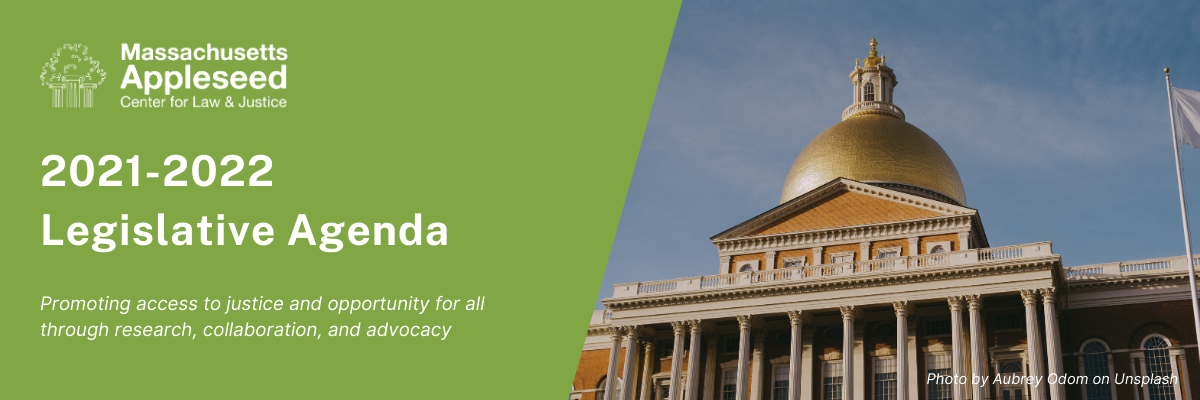The murders that took place in Georgia this week robbed eight people of their lives, six of them Asian women. Our hearts and thoughts are with their loved ones and communities in Atlanta, and with everyone around the country feeling afraid, unsafe, or alone in the wake of this senseless violence.
During the COVID-19 pandemic, we’ve seen people with the most power scapegoat Asian communities and the number of assaults on Asian Americans rise, while the nation’s response to the pandemic has failed to protect immigrants and communities of color. We cannot ignore that this is the context in which this week’s violence – fueled by white supremacy, misogyny, and xenophobia – has occurred.
We stand in solidarity with the AAPI community across Massachusetts and remain committed to eliminating the policies that perpetuate white supremacist violence and dismantling the systems that discriminate against and marginalize Asian, Black, Latinx, and Indigenous communities. We call on our leaders to take action against hate crimes that does not rely on increased policing, reject historical narratives that dehumanize and erase Asian Americans, and support policies that promote language access, provide economic relief for vulnerable communities, and create pathways to justice for victims of discrimination.
Join the Massachusetts Town Hall on Anti-Asian Racism, happening Thursday, March 25th from 6:00 – 7:30 pm.
In solidarity,
Deborah Silva
Executive Director
Massachusetts Appleseed
Melanie L. Todman
Chair of the Board of Directors
Massachusetts Appleseed
Want to stay informed on the latest issues Massachusetts Appleseed is working on?
Sign up for our mailing list.

